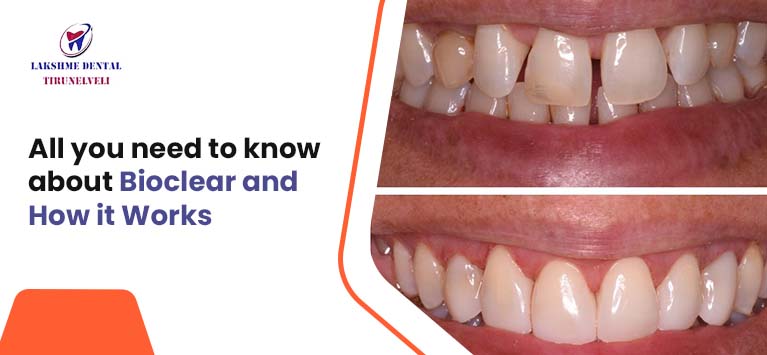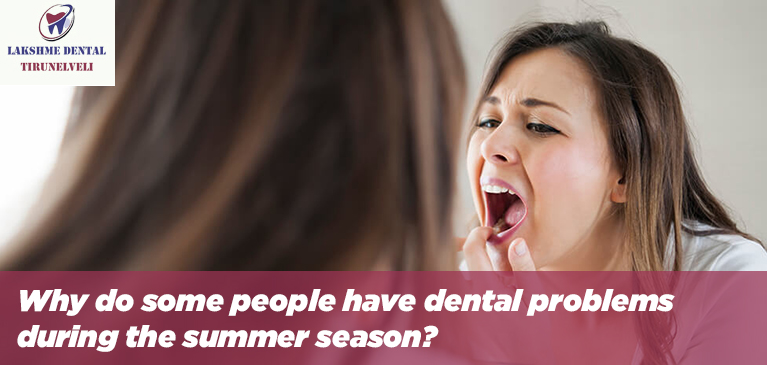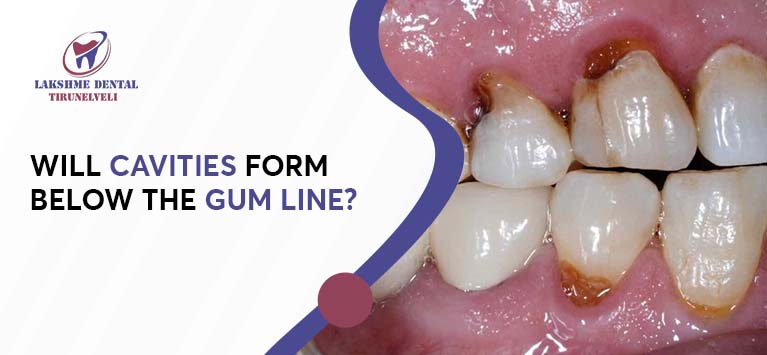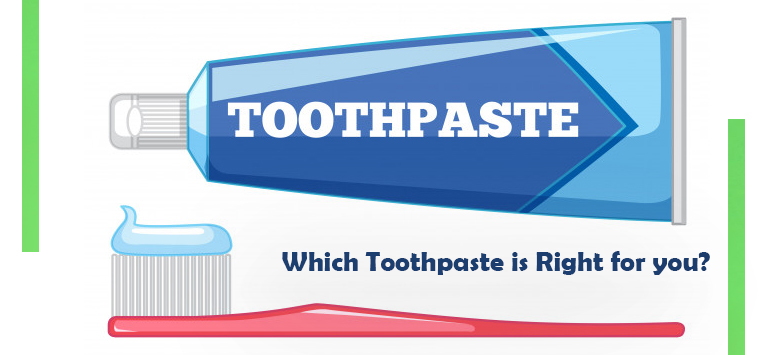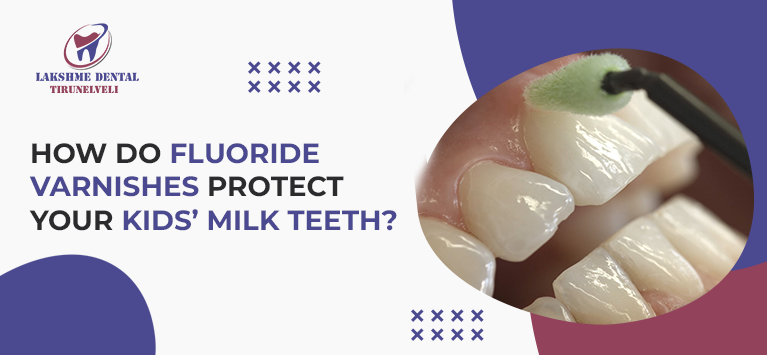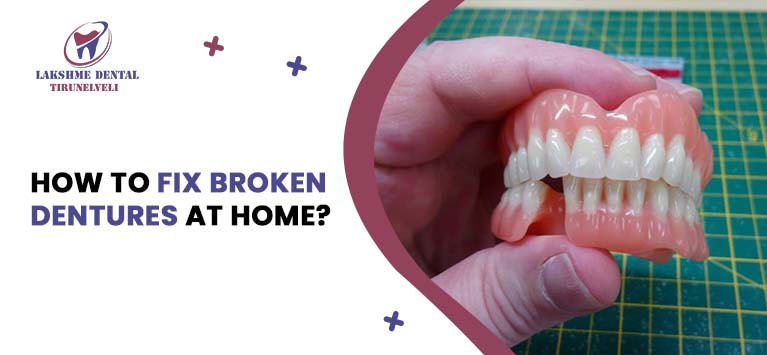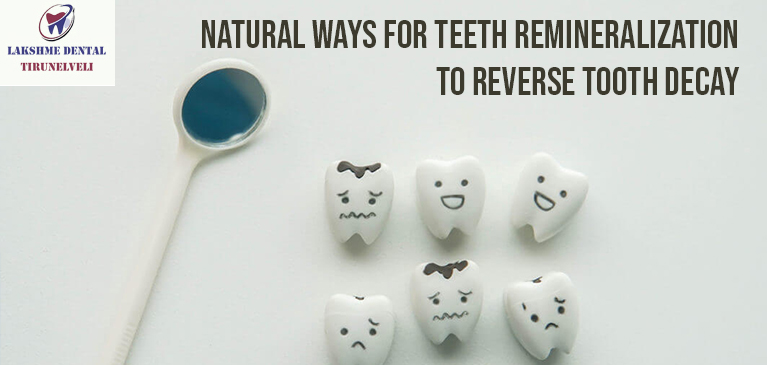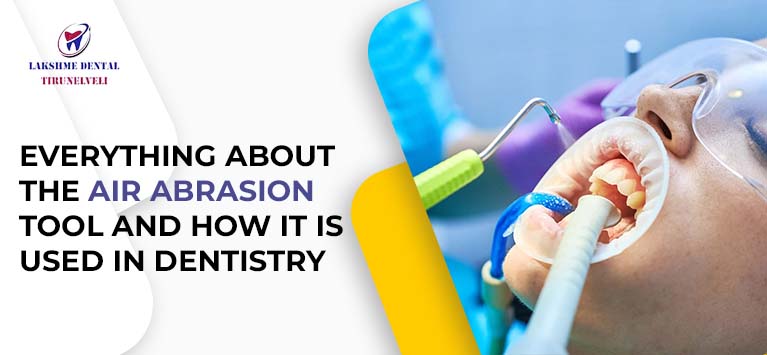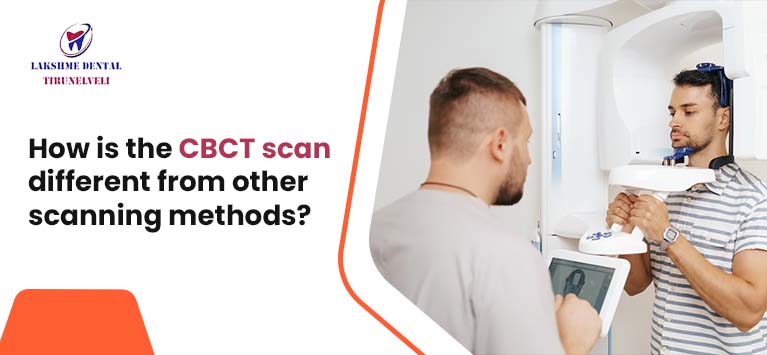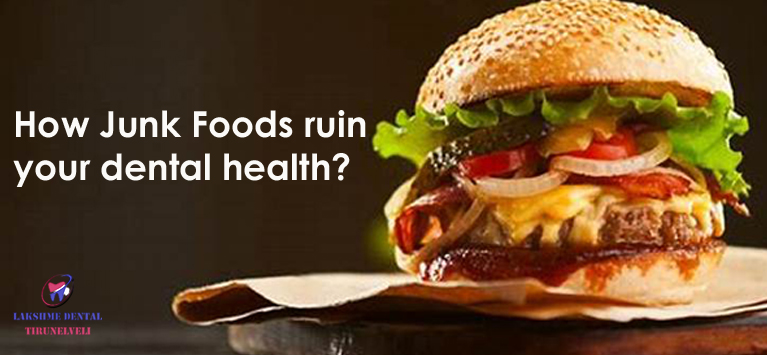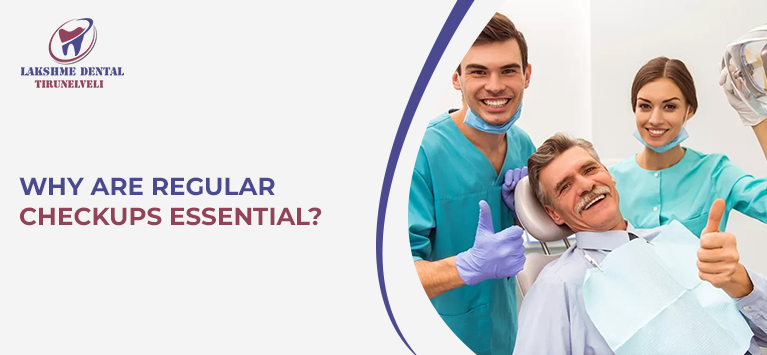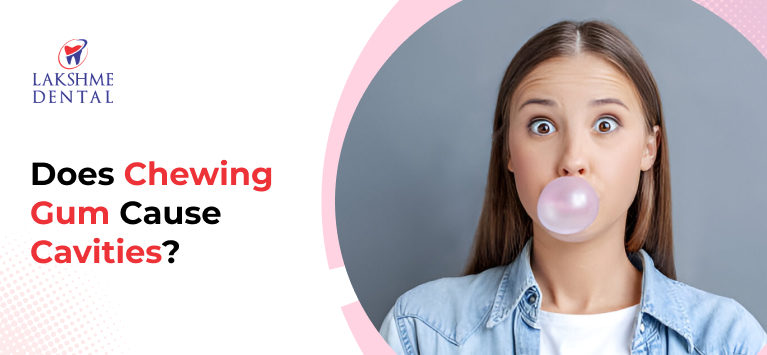
Does Chewing Gum Cause Cavities?
Key Facts
- Cavities develop when bacteria in the mouth feed on sugar and produce acids that erode tooth enamel.
- Sugar-free gum stimulates saliva and reduces decay risk.
- Xylitol gum fights harmful oral bacteria.
- ADA-approved gums are safe and effective.
- Chewing gum should never be used as a replacement for brushing and flossing.
Many people believe that chewing gum can harm your teeth. But is that really true? Does chewing gum cause cavities, or is it just another dental myth?
Let’s see the science behind gum and tooth decay, reveal the difference between sugary and sugar-free gum, and share practical tips to keep your teeth healthy.
What are cavities and how do they form?
Cavities, or dental caries, are permanently damaged areas in the hard surface of your teeth that develop into tiny holes. They are caused by bacteria in your mouth that feed on sugar and starches from the food you eat. When bacteria consume these sugars, they produce acid, which can erode the enamel, the outermost layer of your teeth.
If not cleaned regularly through brushing and flossing, plaque (a sticky film of bacteria) builds up. The longer plaque remains on your teeth, the more acid it generates, raising your risk of developing cavities.
Saliva helps wash away food and neutralize acids, playing a protective role.
Chewing gum: the good, the bad, & the sticky
Chewing gum comes in two primary types: sugary and sugar-free. The impact of gum on your teeth largely depends on which kind you choose.
Sugar-Containing Gum: This type of gum can indeed contribute to cavities. Just like candy, sugar in gum provides food for bacteria, leading to acid production that damages enamel.
Sugar-Free Gum: On the other hand, sugar-free gum, especially those sweetened with xylitol, can help reduce cavity risk. It stimulates saliva flow, which helps rinse away food particles and acids. Some studies suggest xylitol may inhibit the growth of Streptococcus mutans, the bacteria most responsible for cavities.
Sugar-free gum: a surprising cavity fighter
Chewing sugar-free gum, particularly after meals, can be beneficial for your oral health. Here’s how:
- Increases Saliva Flow: More saliva helps neutralize acids and wash away food debris.
- Contains Xylitol: A natural sweetener that reduces the growth of cavity-causing bacteria.
- Reduces Plaque: Regular use of sugar-free gum can lead to less plaque accumulation.
- ADA Seal: The American Dental Association (ADA) acknowledges that some sugar-free gums can support good oral health.
For best results, chew gum for about 20 minutes after eating. Avoid swallowing it, and don’t overuse it if you experience jaw discomfort.
When chewing gum can cause cavities?
While sugar-free gum is usually safe for your teeth, regularly chewing gum that contains sugar can lead to tooth decay. Here are scenarios where gum may cause cavities:
- Frequent Chewing of Sugary Gum: Constant sugar exposure feeds harmful bacteria.
- Poor Oral Hygiene: If gum is used as a substitute for brushing or flossing.
- Sticky Gums: Gums that cling to teeth can trap sugars and bacteria.
If you choose to chew gum, go for sugar-free options with xylitol and be sure to follow a proper oral hygiene routine.
Chewing gum vs. Brushing & flossing
Absolutely not. Chewing gum can complement your dental hygiene but never replace it. While gum may help clean the mouth in the short term, it doesn’t remove plaque like brushing and flossing do. You should:
- Brush twice a day with fluoride toothpaste
- Floss daily to remove plaque between teeth
- Visit your dentist regularly
Gum is a supportive measure, not a solution.
Tips to chew gum safely and smartly
- Choose sugar-free gum with xylitol.
- Chew after meals, not randomly throughout the day.
- Don’t overuse chewing gum constantly, it may cause jaw pain (TMJ issues).
- Maintain regular oral hygiene habits.
Common misconceptions about chewing gum
Myth 1: All chewing gum causes cavities.
Truth: Only sugary gum poses a risk. Sugar-free gum can help prevent cavities.
Myth 2: Chewing gum is as good as brushing.
Truth: Chewing gum doesn’t remove plaque or bacteria as effectively as brushing and flossing.
Myth 3: The type of gum doesn’t matter.
Truth: It matters greatly. Look for the ADA Seal and ingredients like xylitol.
When to avoid chewing gum?
There are certain situations where chewing gum is not advisable:
- If you have jaw pain or TMJ disorders
- If you wear braces or dental appliances that gum can stick to
- For young children who may accidentally swallow it
Always consult your dentist if you’re unsure.
Conclusion
So, does chewing gum cause cavities? Only if it contains sugar. Sugar-free gum, especially those with xylitol, can be a helpful addition to your dental care routine. But it’s no replacement for brushing, flossing, and regular dental visits. Chew smart, choose sugar-free, and keep up your oral hygiene.
Frequently Asked Questions
Only if it contains sugar. Sugar-free gum may help prevent them.
No. In fact, it can help clean your mouth and reduce the risk of cavities, especially if it's sugar-free.
No. It’s a supplement, not a replacement.
After meals, chewing for 20 minutes is usually beneficial.
Sugar-free gums with xylitol and the ADA Seal of Acceptance.

